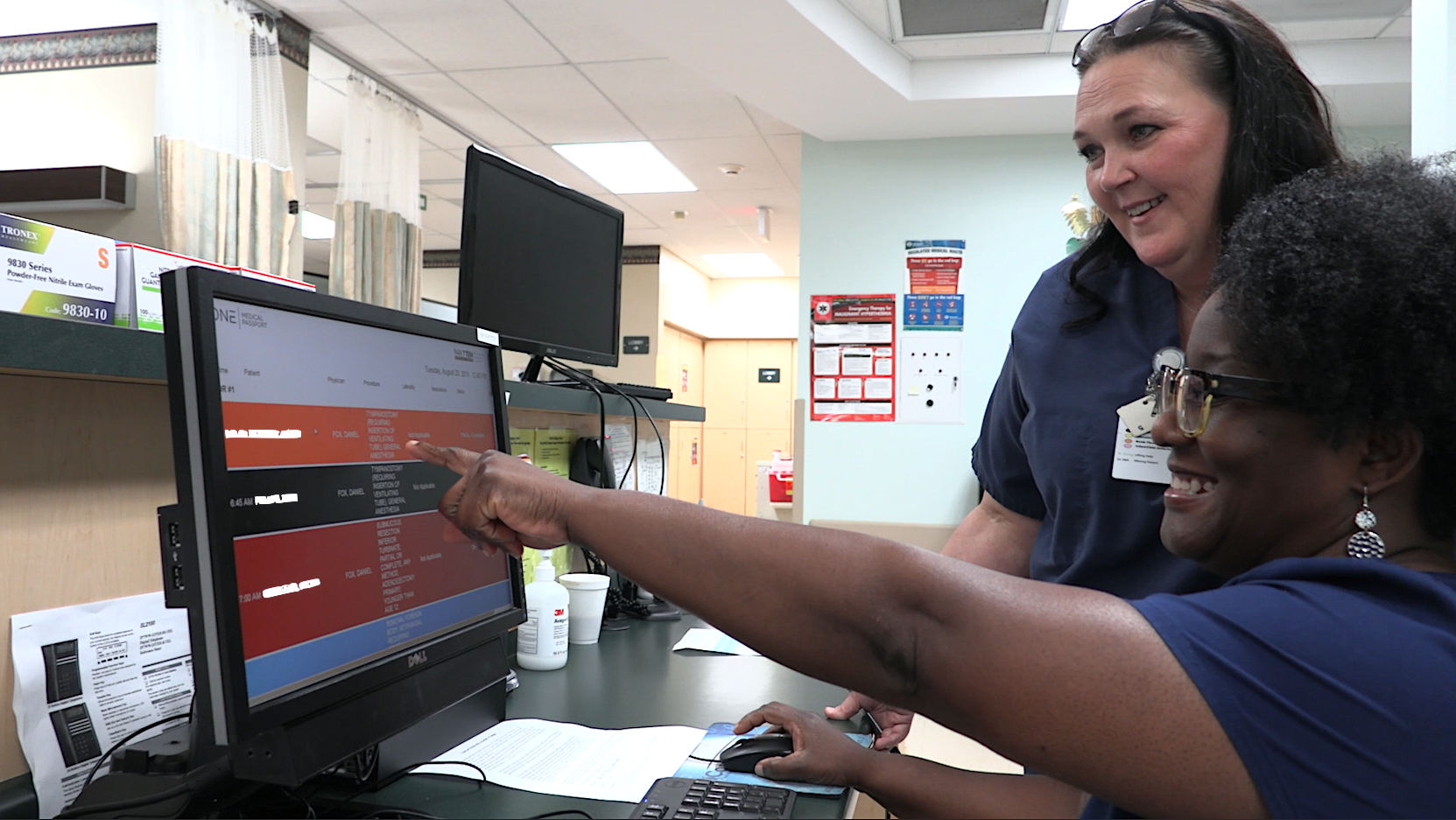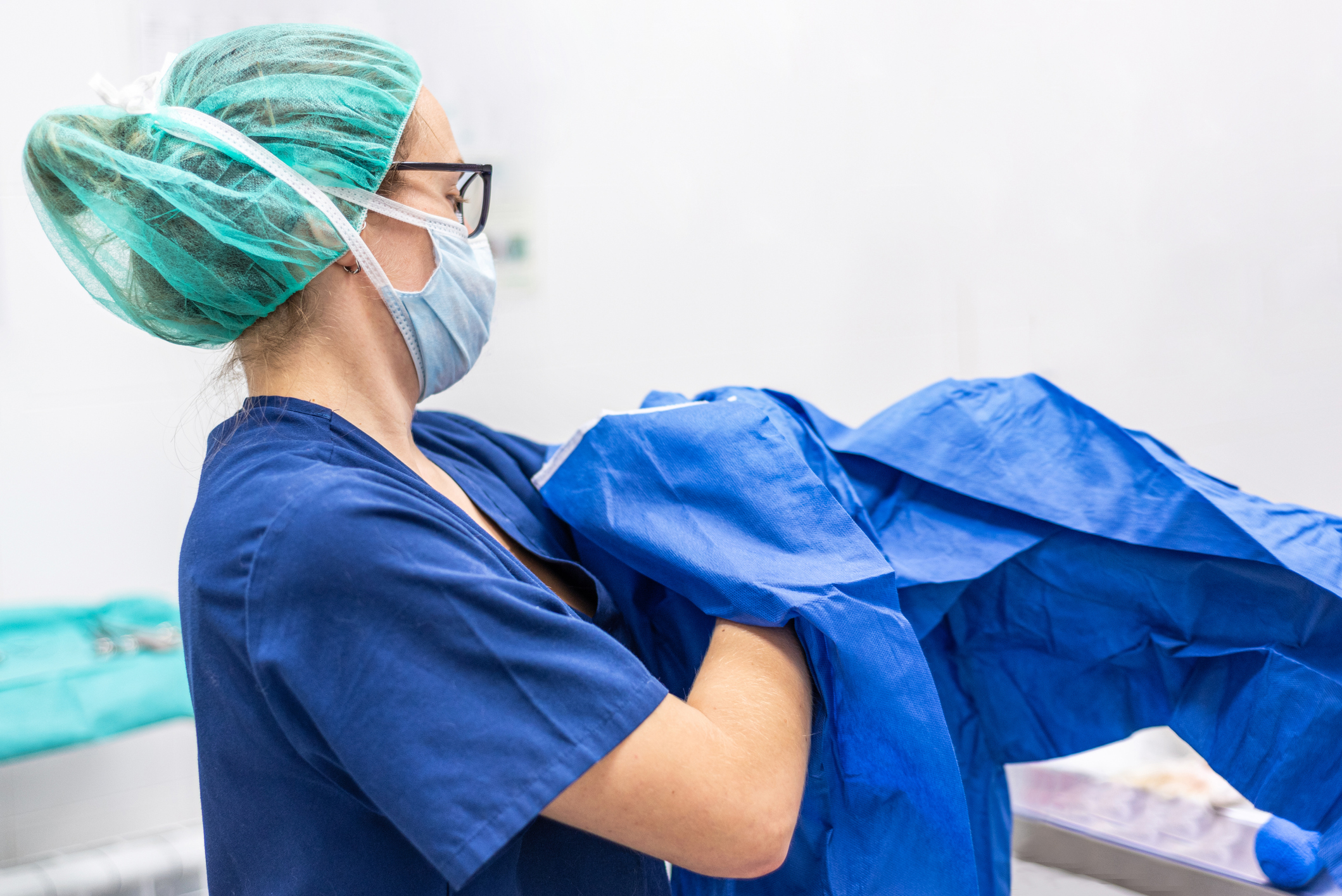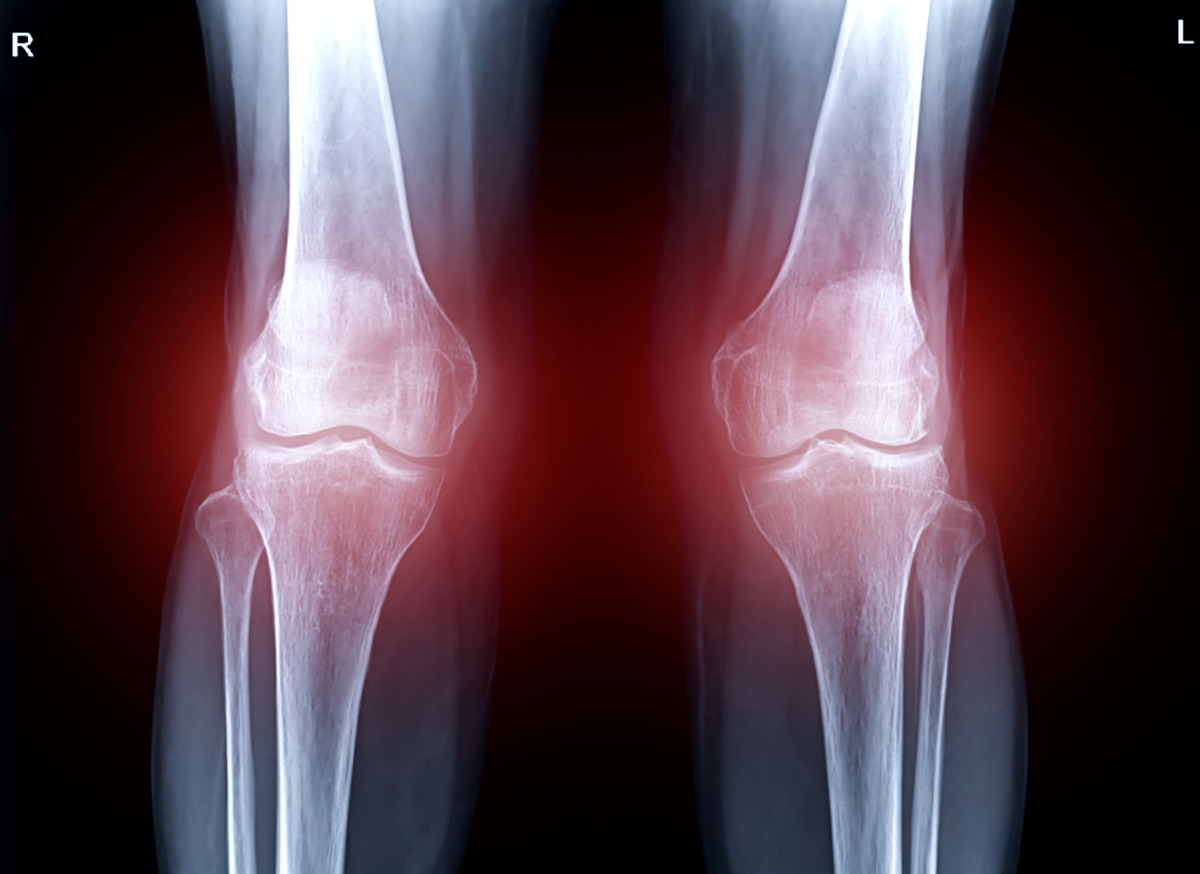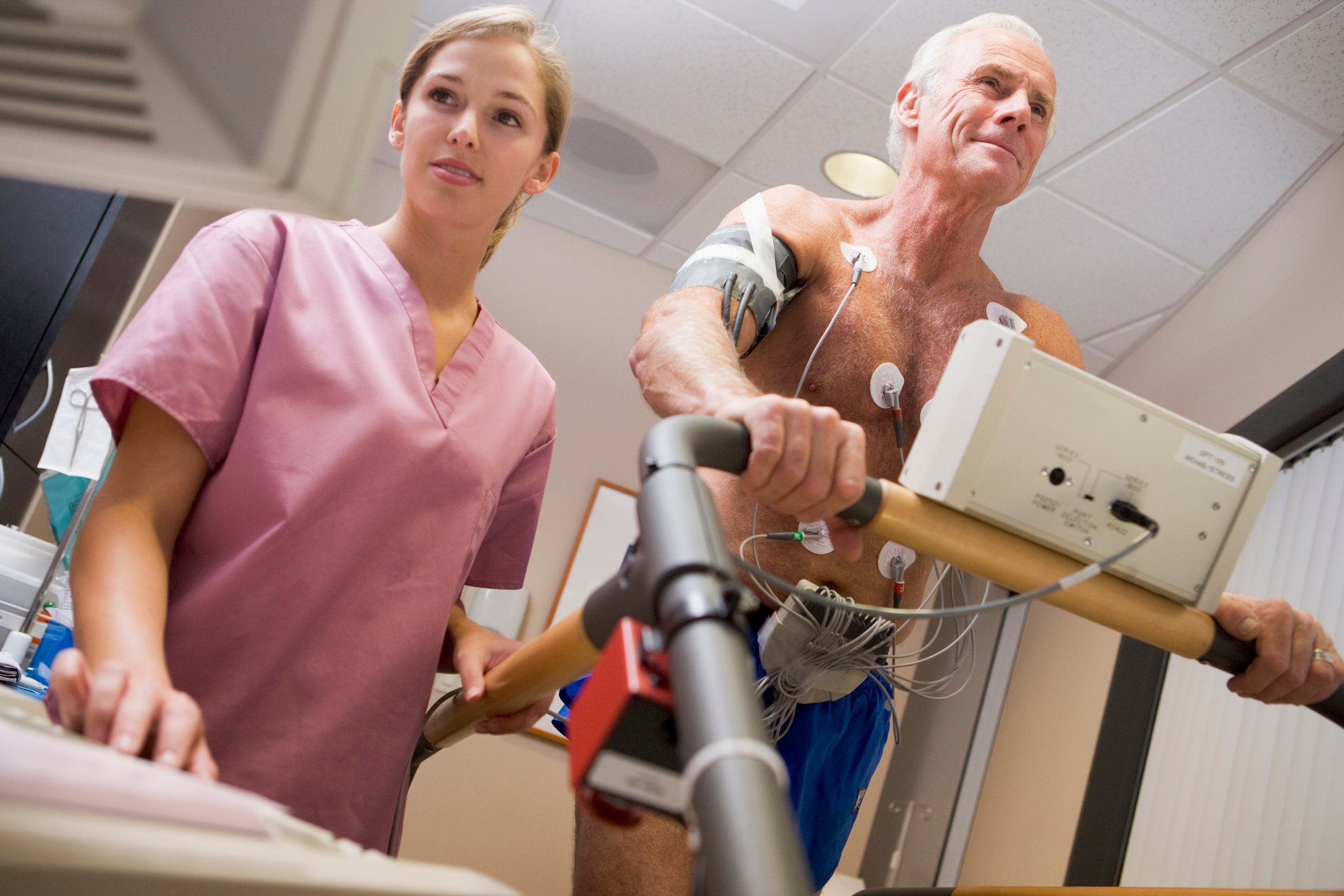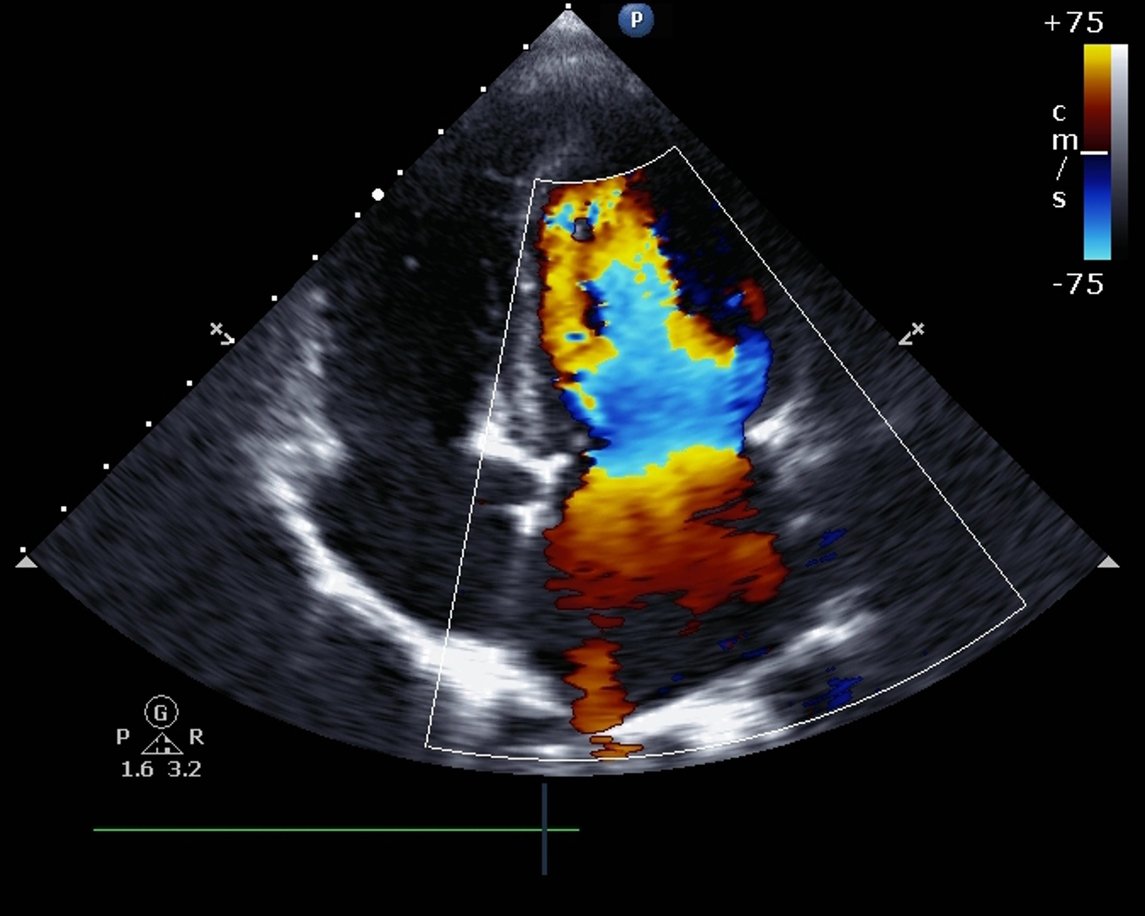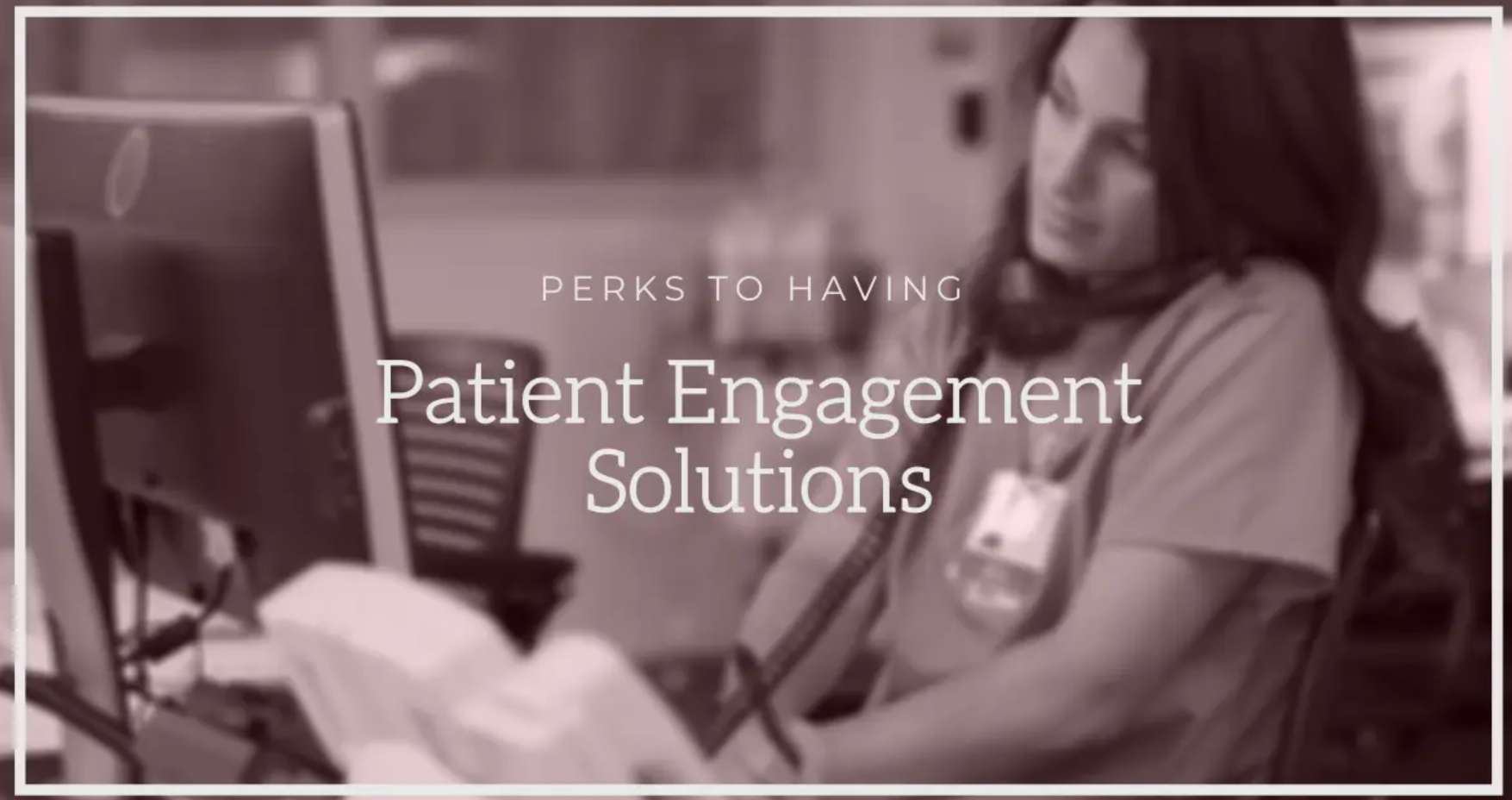An aging population and a rise in gastrointestinal issues in the population have both increased the need for endoscopic procedures that are safe and affordable. Ambulatory Surgery Centers are poised to step in and fill the need. However, there are vital factors that contribute to the success of GI/Endo programs in ASCs.
Want to stay in the know on the latest ASC tips and topics?
Recent Posts
Looking for Something?
Categories
- ASC (82)
- ambulatory surgery center (82)
- video (36)
- nurse guide (29)
- patient communication (27)
- patient satisfaction (27)
- covid19 (26)
- surgical facility (25)
- business and finance (22)
- technology (22)
- patient engagement (19)
- ambulatory software (18)
- pre-admissions (16)
- Case Study (14)
- ambulatory surgery center software (11)
- outpatient surgery (11)
- culture of safety (10)
- complex cases (8)
- or volume (8)
- administrator (7)
- employee satisfaction (7)
- infection control (7)
- outpatient surgery software (7)
- risk management (7)
- solutions (7)
- cardiac (6)
- disinfect (6)
- patient tracking (6)
- postop (6)
- total joint (6)
- document management (5)
- implementation (5)
- patient survey (5)
- surgery scheduling (5)
- ASC Everyday Heroes (4)
- hiring (4)
- job security (4)
- payment plan (4)
- preop (4)
- scheduling (4)
- security (4)
- surgery center (4)
- women in healthcare (4)
- ASC booking (3)
- CMS (3)
- CMS requirements (3)
- Derek's Corner (3)
- best practices (3)
- data integration (3)
- everyday heroes (3)
- outpatient surgery center (3)
- patient registration (3)
- preop nurse (3)
- revenue (3)
- senior patients (3)
- specialty procedures (3)
- texting (3)
- vendor management (3)
- ASC quality reporting (2)
- Accreditation (2)
- GI (2)
- ambulatory surgery center surveys (2)
- burnout (2)
- cancellations (2)
- clinical (2)
- cost (2)
- digital chart storage (2)
- healthcare consumerism (2)
- hygiene (2)
- new hire (2)
- patient charts (2)
- patient risk (2)
- payments (2)
- screening (2)
- sleep study (2)
- time management (2)
- 2021 (1)
- 4 tips (1)
- Accredited (1)
- Billing (1)
- ERAS (1)
- One Mnet Health (1)
- SaaS (1)
- capnography (1)
- certfication (1)
- colonoscopy (1)
- conscious sedation (1)
- corona virus (1)
- customer spotlight (1)
- diagnosis (1)
- elderly patients (1)
- endo (1)
- intubation (1)
- laryngoscopy (1)
- marketing (1)
- obesity (1)
- online pre-admissions (1)
- outsourcing (1)
- patient (1)
- patient finance (1)
- patient satifaction (1)
- payment (1)
- personalized care (1)
- physician offices (1)
- pricing (1)
- recovery (1)
- sleep apnea (1)
- staff burden (1)
- staffing shortage (1)
- surgery center management software (1)
- top 12 (1)
- vendor communication (1)
- vendors (1)
The work of an Ambulatory Surgery Center doesn’t end when the patient goes home after a procedure. For patients to heal successfully and for your ASC to thrive, post-op patient communication is essential.
Patients considering elective surgery often have questions about why they should choose an Ambulatory Surgery Center over a hospital for outpatient surgery. Many aren't sure exactly what "ambulatory surgery" means and how it differs. Being able to explain the similarities and differences clearly can be a great selling point for your ASC and put patients at ease.
Research has found that undergoing any total joint replacement can make patients feel uncertain, vulnerable, and nervous. They may experience a decrease in trust for their own body. They may have intense anxiety about harming their new joint. As their healthcare provider, you have a crucial role in helping patients feel more confident and at ease. Instead of feeling anxious and uncertain, with your help, patients can experience a significantly improved quality of life.
This is blog 2 of 3 that explains the ins and outs of pre-admissions cardiac testing from my perspective. As an anesthesiologist, with over 30 years of experience, I’ve done everything from open heart and liver transplant to fast-paced ASCs and pain management. My goal is to provide a common-sense explanation that helps ASC preop nurses to better understand cardiac testing in the context of a preop evaluation for ambulatory surgery.
So here’s what I can tell you: If stranded on a deserted island (or is it a desert island!?) doing anesthesia on old folks and I could have only one cardiac test, the cardiac echo would be it. Hands down. Stop the show.
20 years ago, most ASCs typically cared for ASA 1 and 2 patients: young, relatively healthy patients having simple, relatively non-invasive surgery. Fast forward to 2021 - as advances in anesthesia techniques, surgical techniques, and an overall better understanding of minimizing risk for ambulatory surgical patients has evolved, most ambulatory surgery center preop surgical nurses today will routinely care for at least some ASA 3 patients.
As an ambulatory surgical nurse, you know what that means: older, sicker patients with more cardiac problems. Frequently, these patients come with either (1) a slew of pre-admissions documentation that you have to weed through or (2) nothing at all. It seems like there’s never just the right amount!
There were several unexpected issues in 2020 that have impacted the health care industry, and Ambulatory Surgery Centers in particular, in profound ways. If ASCs were paying attention, they have learned some valuable lessons to apply to the coming year to ensure they continue to operate smoothly.

